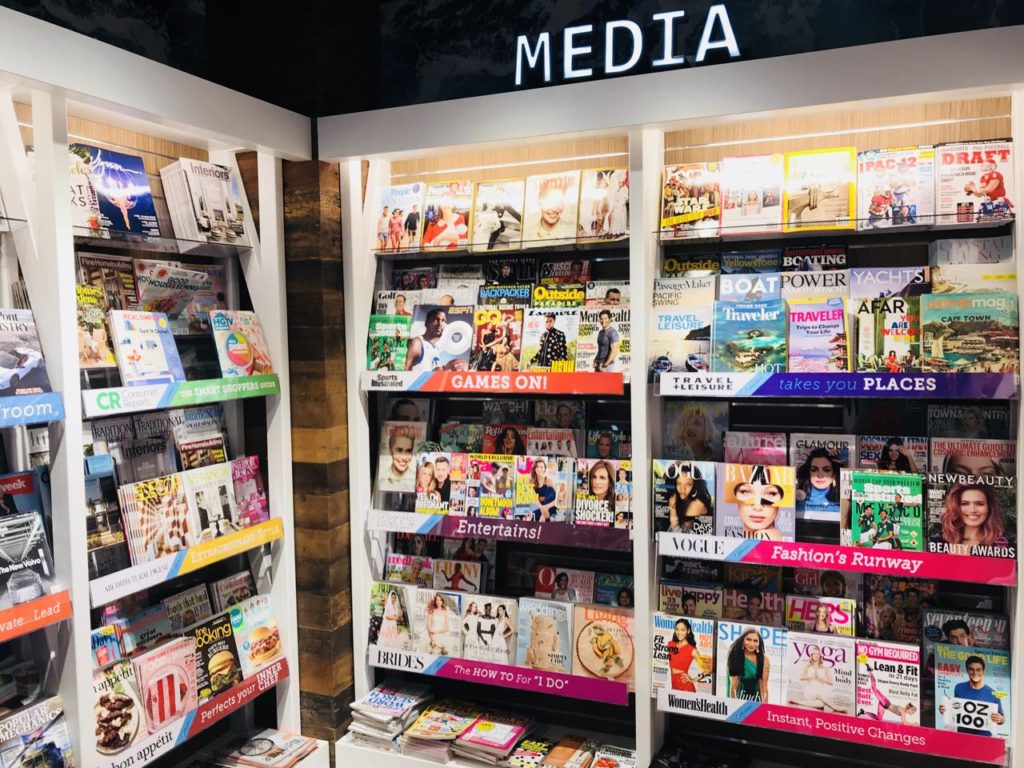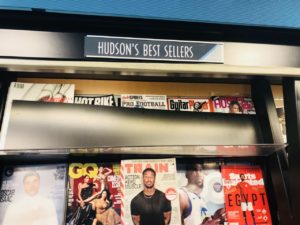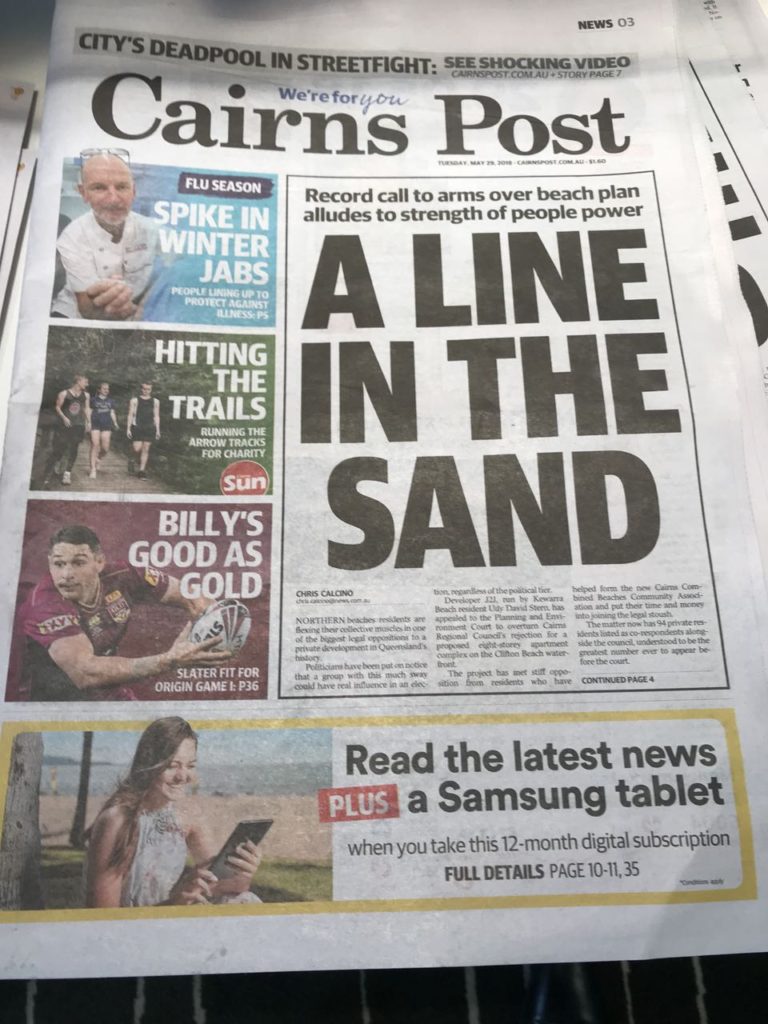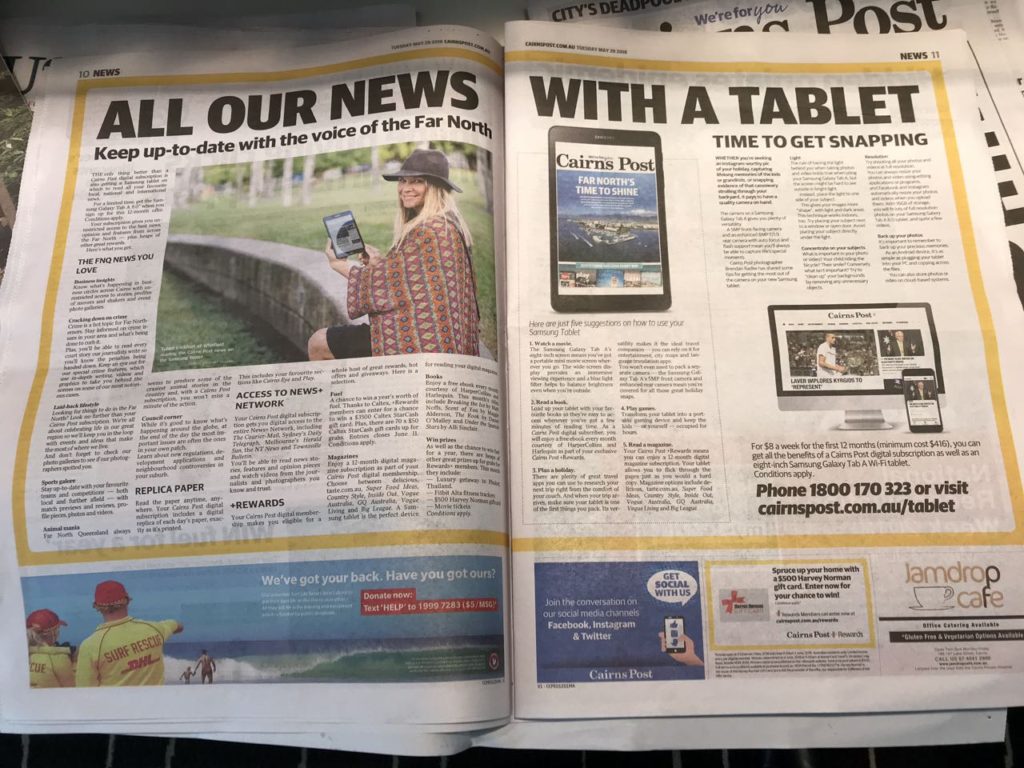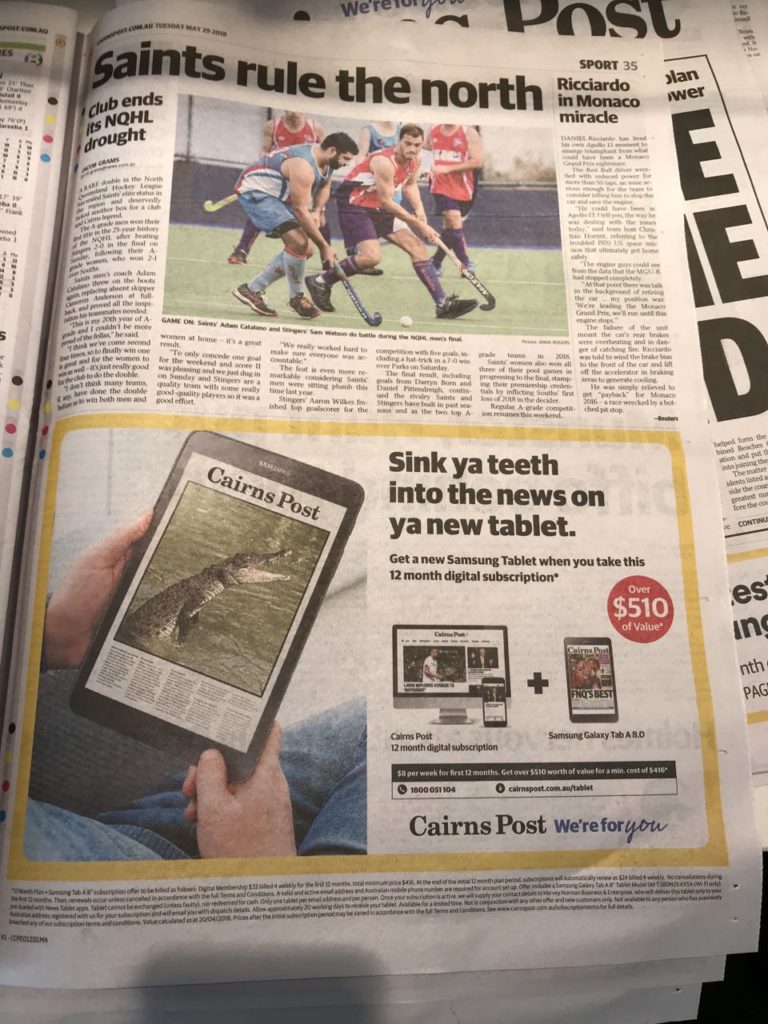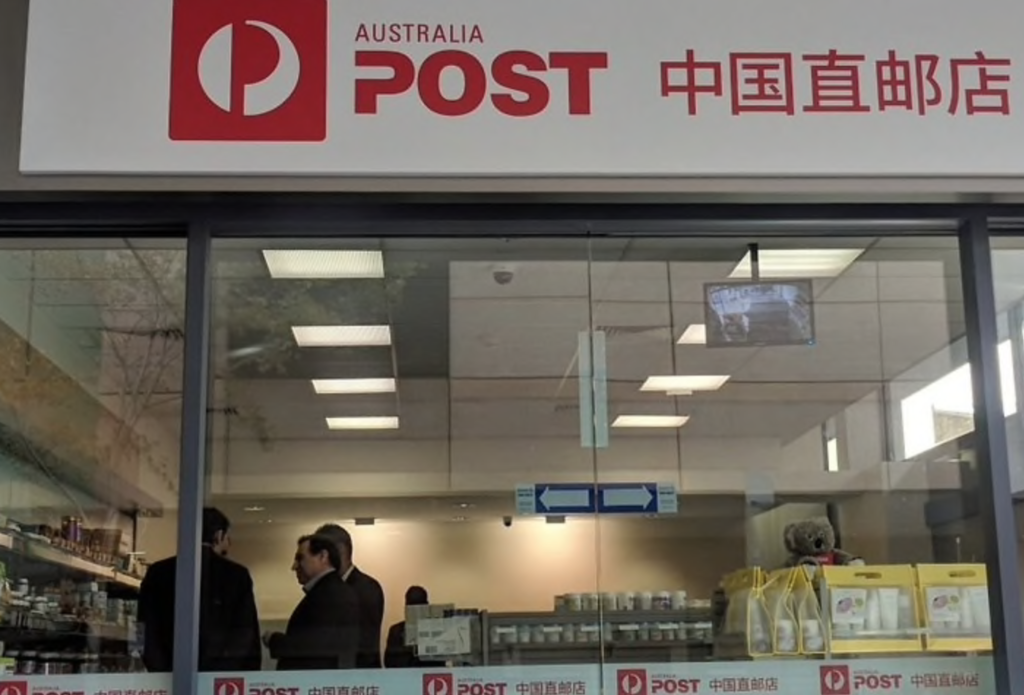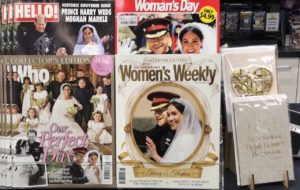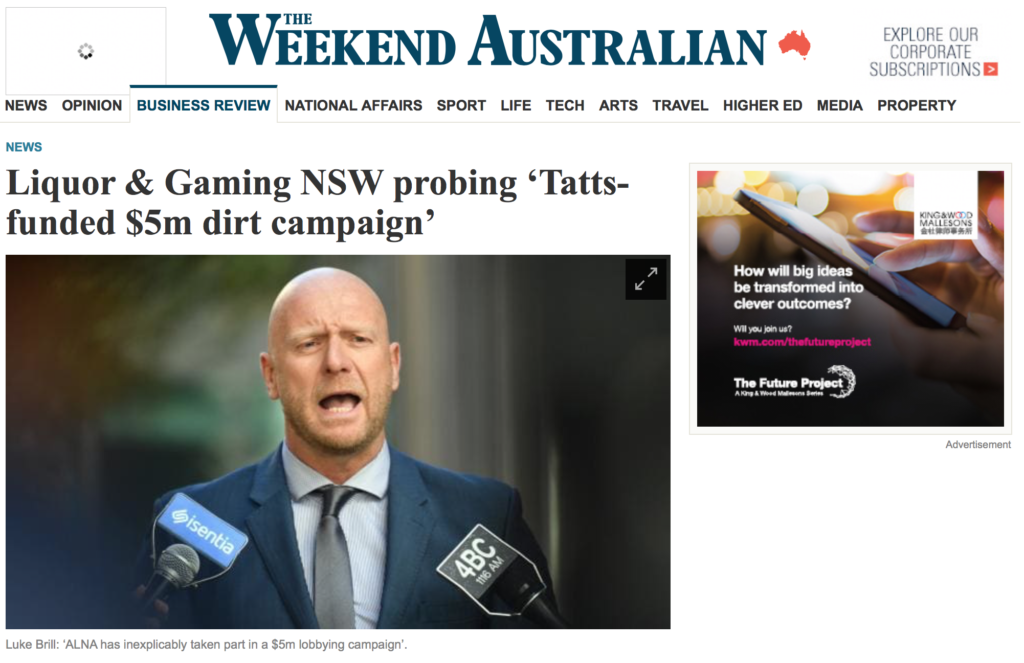This newsagency sales benchmark study reflects sales results as tracked in 149 retail newsagency businesses in Australia for the January through March quarter of 2018 compared to the same period in 2017.
Only businesses with accurate data are included in the study.
With under 3,000 businesses in this channel, the number of participants is considered as a good indicator of overall channel performance. In collating data, I have removed businesses at the extremes where other factors are at play such as major construction shutting a street or a newsagency in a centre with two newsagencies where one closed and thereby giving an unnatural boost to the other.
Each data point is the average, mean, of all data for the data point.
In collating results, I have only included data for each category businesses trading in that category.
OVERALL BUSINESS PERFORMANCE METRICS.
- Customer traffic. Down 3%
- Overall sales. Down 4%
- Basket depth. Flat.
- Basket dollar value. Flat.
CORE PRODUCTS.
- Newspapers. Unit sales. Down 9.3%.
- Magazines. Unit sales. Down 8.8%.
- Greeting cards. Revenue. Down 2.7%.
- Stationery. Revenue. Down 7.6%
- Lotteries. Revenue. Flat.
- Tobacco. Revenue. Down 16%.
- Agency. Parcels, gift cards, betting account top-up. Down 6%.
SPECIALTY PRODUCTS.
- Gifts. Revenue. Up 2%.
- Toys. Revenue. Up 9.2%.
- Plush. Revenue. Up 3.1%.
- Collectibles. Revenue. Up 2.4%.
- Craft. Revenue. Up 3.1%.
- Coffee. Revenue. Up 11%.
What does this mean?
These core products numbers reflect continuing challenges in the core for newsagency businesses. This is not news given the benchmark results for years now.
In my opinion, the decline in newspapers, and magazines to a lesser extent, impacts the results for other products in the core such as stationery and cards. If this is true, it reinforces the importance of having other traffic drivers in a retail business, giving shoppers other compelling reasons to visit.
The occupancy cost challenge – a note for landlords.
Landlords want newsagency businesses in their retail mix. They want the store with papers, magazines, lotteries and other core items for the channel. Often, they restrict the space available for non-core, imposing a low gross profit model on businesses, thereby increasing occupancy cost.
Newsagencies today cannot sustain occupancy costs of more than 15%. The goal must be 11% for the business to be profitable and able to serve the usual level of debt needed for such a business.
Landlords need to be aware of the changes in product mix, the challenges of low-margin core products and restrictions they place on what businesses can sell. They need to be flexible on rent so newsagency businesses can be sustained and thereby provide the service they want in their centre.
If landlords want a newsagency business they need to price the space to reflect the nature of a sustainable business in that location rather than any premium rent they could get from a retailer with higher margins.
Labour cost – dealing with the challenge and opportunity.
Labour cost for an average newsagency sits at 16% of revenue where revenue is product revenue plus agency commission.
On a pure benchmark analysis, this is too high. However, the right labour invested in the right location in-store generates a good return. For example, a skilled person working the shop floor in high margin product categories can deliver valuable benefits whereas the right person working newspapers or magazines is less valuable.
When it comes to labour investment and management the core focus must be on customer-facing. That means having the maximum labour time possible situated to be accessible to customers. You do this by shifting to the shop floor as much work as possible – pricing, returns etc.
Newsagents need to manage their roster carefully and manage employee hours to be customer facing focused and engaged on a shared goal of driving revenue from each customer visit. Sharing information with employees is key to achieving this.
The specialty opportunity.
It is easy to say to newsagents get into one or more of the specialty areas. There are suppliers who will pitch products in these areas. The challenge is how you drive success. Getting the right product is part of the story. Visual merchandising, employee training, shop floor engagement and out of store marketing are all important factors. These all require relentless focus. Putting a category of products on the shelves is not sufficient.
Specialty products are rapidly evolving, presenting more opportunities over time. Keeping yourself informed of the opportunities, especially ahead of any wave, is key.
Mark Fletcher.
Email: mark@towersystems.com.au Website: www.towersystems.com.au Blog: www.newsagencyblog.com.au
M | 0418 321 338
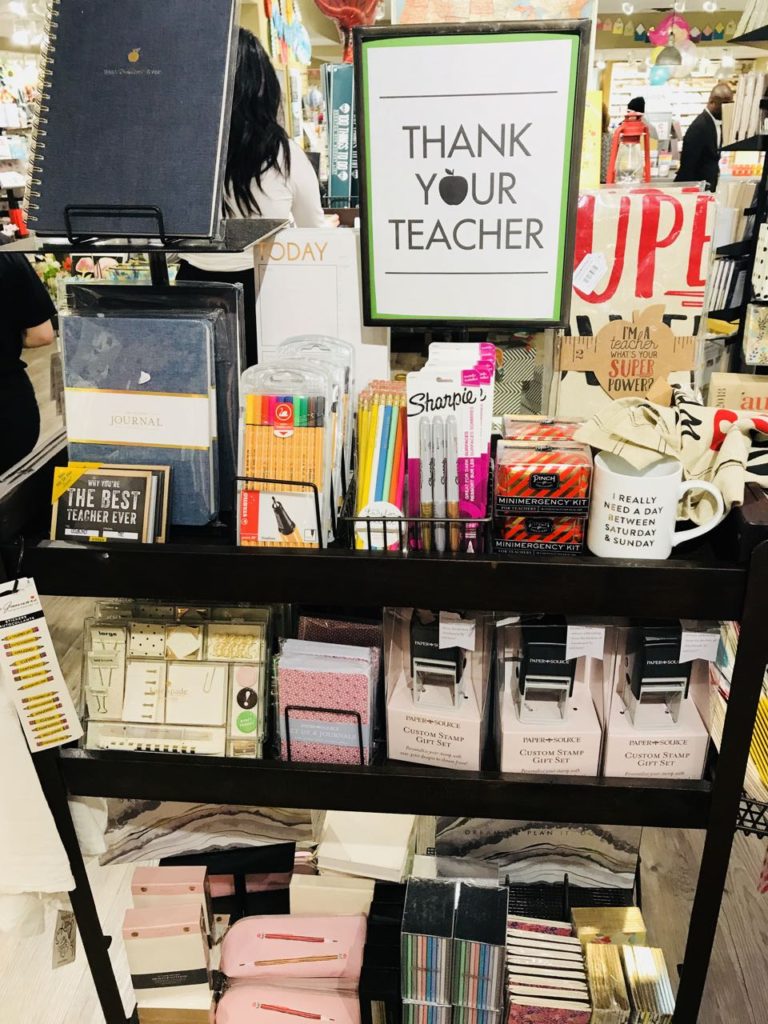 Check out this teacher gift display that I saw at a stationery / gift shop in the US a couple of days ago. Click on the image to see a larger version for detailed inspiration.
Check out this teacher gift display that I saw at a stationery / gift shop in the US a couple of days ago. Click on the image to see a larger version for detailed inspiration.